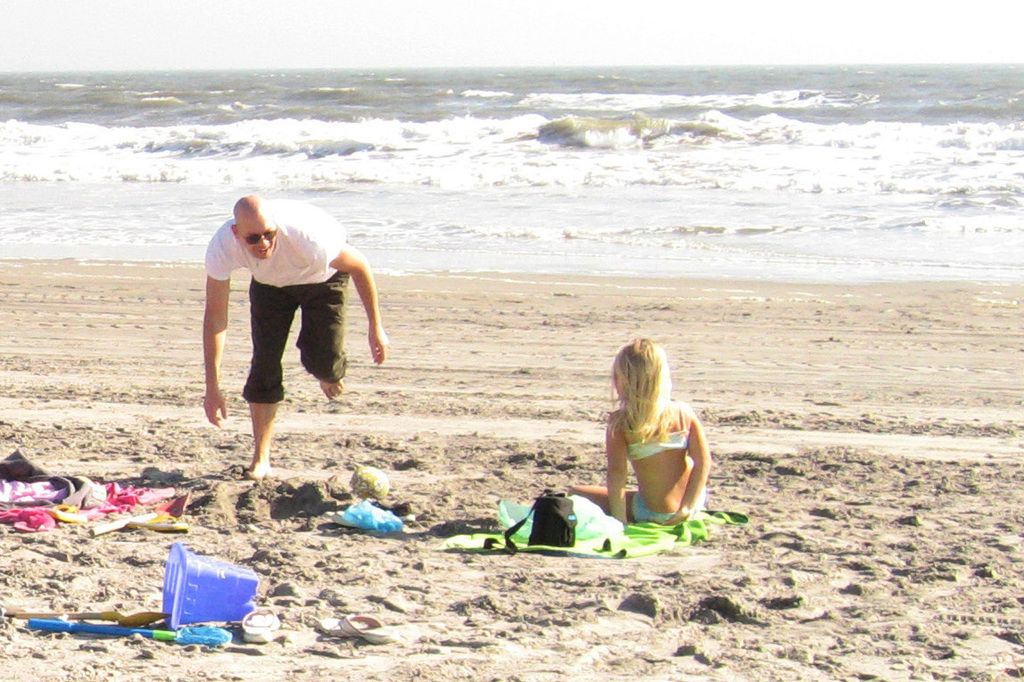Controversial Ads for Channel 4's Reality Show Rejected by OOH Media Owners
Are Ads Appropriate for Harmful Views: Should such perspectives be displayed in advertisements?
Channel 4's latest reality show, Go Back To Where You Came From, encountered controversy earlier this month as outdoor advertising media owners declined to display the promotional posters due to potential offence. The adverts, conceptualized by 4Creative, Channel 4's in-house creative team, depicted both pro- and anti-immigration views.
According to Channel 4, the show aims to put six opinionated Brits through a transformative journey, experiencing refugee life in dangerous regions worldwide. Critics, however, argue that the programme does not genuinely challenge racism, but rather exploits refugee experiences for the sake of television and advertising revenue, along with pandering to far-right ideologies. Thomas Foster, writing for the Socialist Worker, voiced this critique.
The question arises – were the OOH media owners justified in rejecting Channel 4's advertising owing to its platform for anti-immigrant sentiments, or is it acceptable to incorporate questionable attitudes in advertising to stimulate discussion? Our network shares a mix of opinions on the matter.
Alan Fayolle, founder at Fearless Union, believes the media ecosystem, including media platforms, holds significant influence over public discourse, and refusing to air certain ads can help distinguish between productive and divisive discussions. In his view, the media owners' decision to decline the ads signalled a stance against normalizing inflammatory rhetoric claimed to be under the guise of open discussion.
Harriet Kingaby, co-founder at the Conscious Advertising Network, has concerns regarding the use of the term "gammon" in the ad campaign and the potential amplification of a racist phrase through advertising. The use of "gammon" is seen as a form of dehumanisation, according to the United Nations, since it strips individuals of their uniqueness, dignity, and humanity. Moreover, Kingaby questions the implications of the show's title being publicly displayed, as it could reinforce harmful attitudes and alienate marginalized groups.
Kev Chesters, strategic consultant, advocates for open dialogue and suggests immigration is best addressed through productive discussions. Nevertheless, he acknowledges the complexity of the topic and the possible negative impacts on those not insulated from such consequences. While he generally opposes censorship, he admits that it is essential to ensure these debates do not inadvertently escalate divisions, similar to the escalation of political polarization currently observed in the United States.
Nick Radley, founder and chief strategist at Oceanic Strategic Planning, presents three points of consideration: the value of controversial content for attention, the necessity of evaluating what is harmful and who is responsible for making these determinations, and the understanding that controversial ads do not necessarily legitimize the problematic views they present.
Finally, Jono Wylie, strategy director, North America at eatbigfish, supports the airing of provocative ads but only due to the monotonous nature of recent advertising in attracting attention. He argues that ads require public trust and interest to be effective, and dull content perpetuates the issue by conditioning people to merely glance at advertisements without due consideration.
Featured image: Go Back To Where You Came From / Channel 4
The controversy surrounding Channel 4's reality show, Go Back To Where You Came From, extended to the media realm as outdoor advertising media owners rejected displaying the promotional posters due to potential offense. The Show's advertising, incorporating pro- and anti-immigration views, sparked debates about responsible representation and the impact of media on public discourse.
Alan Fayolle, foundingthe Fearless Union, argues that media platforms, including outdoor advertising, wield significant influence over public discourse. Refusing to air certain ads, as in the instance of Channel 4's promotional posters, can help discern between productive and divisive discussions by signaling a stance against normalizing inflammatory rhetoric.








